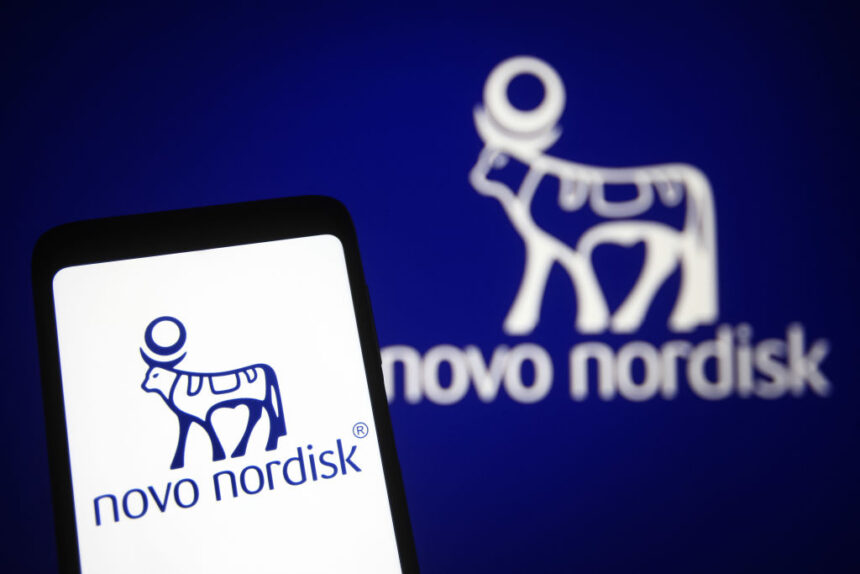Novo Nordisk is increasing its footprint in the obesity sphere. The Danish pharma firm’s parent company, Novo Holdings, is acquiring contract drug manufacturer Catalent in a deal worth up to $16.5 billion.
The move, announced Monday, is designed to boost production of Novo weight-loss drug Wegovy amid surging demand. Novo Holdings will acquire all outstanding shares of Catalent for $63.50 per share in cash.
Under terms of the acquisition, Novo Holdings plans to sell Novo Nordisk three of Catalent’s fill-finish sites — one in Italy, one in Belgium and one in the U.S. — for $11 billion up-front, the pharma company said in a separate press release.
Novo Nordisk views the addition of the sites as part of its goal of reaching “more people living with diabetes and obesity with current and future treatments,” the drugmaker noted. The sites, which specialize in sterile filling of drugs, collectively employ more than 3,000 people.
Upon completion of the acquisition later this year, Catalent will continue to operate independently, Novo Nordisk added.
The deal “will enable us to serve significantly more people living with diabetes and obesity in the future,” explained Lars Fruergaard Jørgensen, Novo Nordisk president and CEO, in the statement. “The acquisition complements the significant investments we are already doing in active pharmaceutical ingredients facilities, and the sites will provide strategic flexibility to our existing supply network.”
Kasim Kutay, CEO of Novo Holdings, added in a statement that “with our expertise and track record of investing in high-quality life sciences businesses, we believe Catalent is a very good strategic fit.”
Novo Nordisk has been bullish lately in seeking new opportunities in the obesity space, especially as the GLP-1 market is expected to be worth about $77 billion in the next decade — and as other competitors in the space gear up to join the race. Roche is now in the mix alongside Eli Lilly and Novo, recently acquiring Carmot Therapeutics and three lead molecules that are GLP-1 analogues in obesity.
In November, the company invested around $6 billion to expand its existing facilities in Kalundborg, Denmark, focused mainly on building additional capacity for the manufacturing of active pharmaceutical ingredients (API).
That investment, and others, were largely driven by the need to meet GLP-1 demand. Last year, the pharma had to pull back on Wegovy marketing until it had addressed some of the supply issues hampering production and leading to shortages of the drug.
In the last year, Novo Nordisk also made a deal with Thermo Fisher Scientific to serve as its second contract manufacturer of Wegovy to boost production. In August, the pharma scooped up obesity biotech Embark Laboratories as well as Inversago Pharma.
This likely won’t be the only Novo Nordisk acquisition in 2024, as Jørgensen mentioned in a recent interview with Bloomberg TV that the company expects “to be busier than ever” and it will “absolutely” scale up investments this year.
To read a February 2024 article about Novo Nordisk doling out $1.4B for a molecular glue degraders licensing pact, click here.







